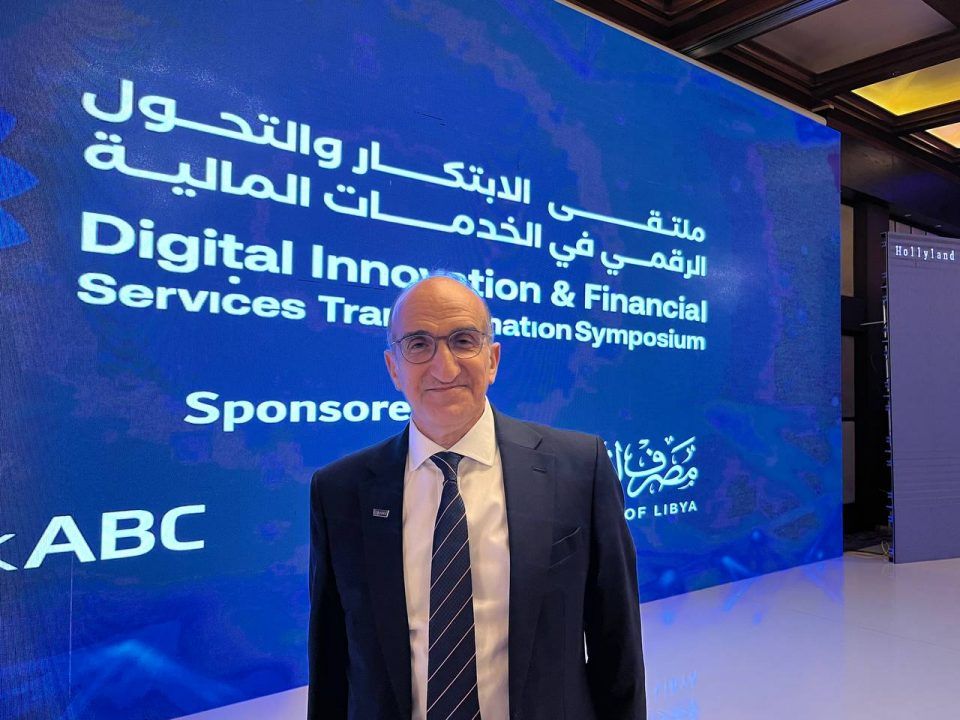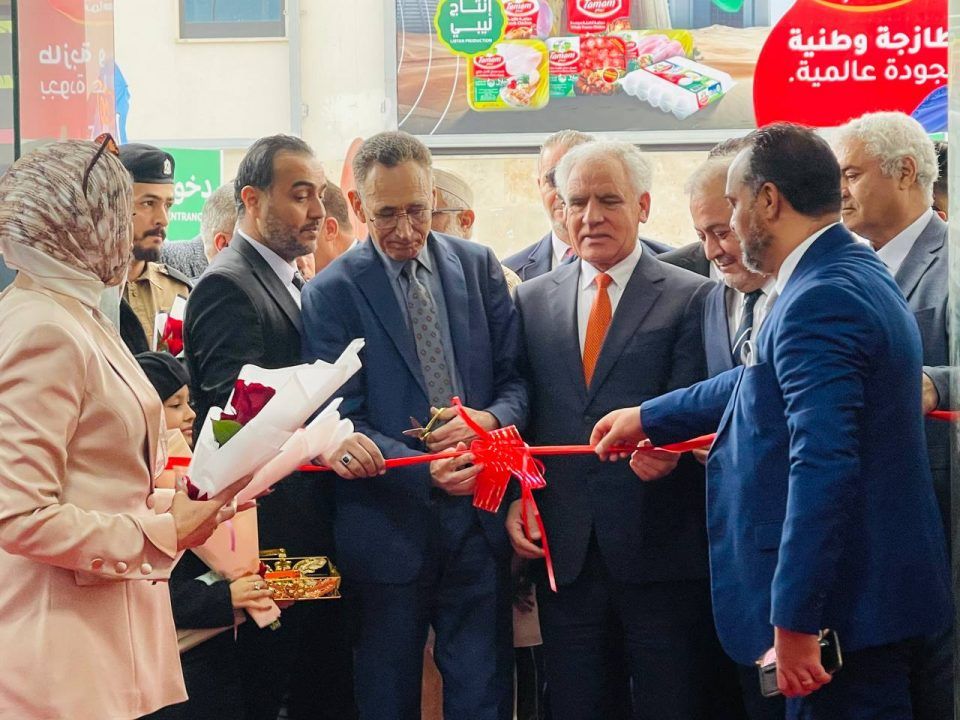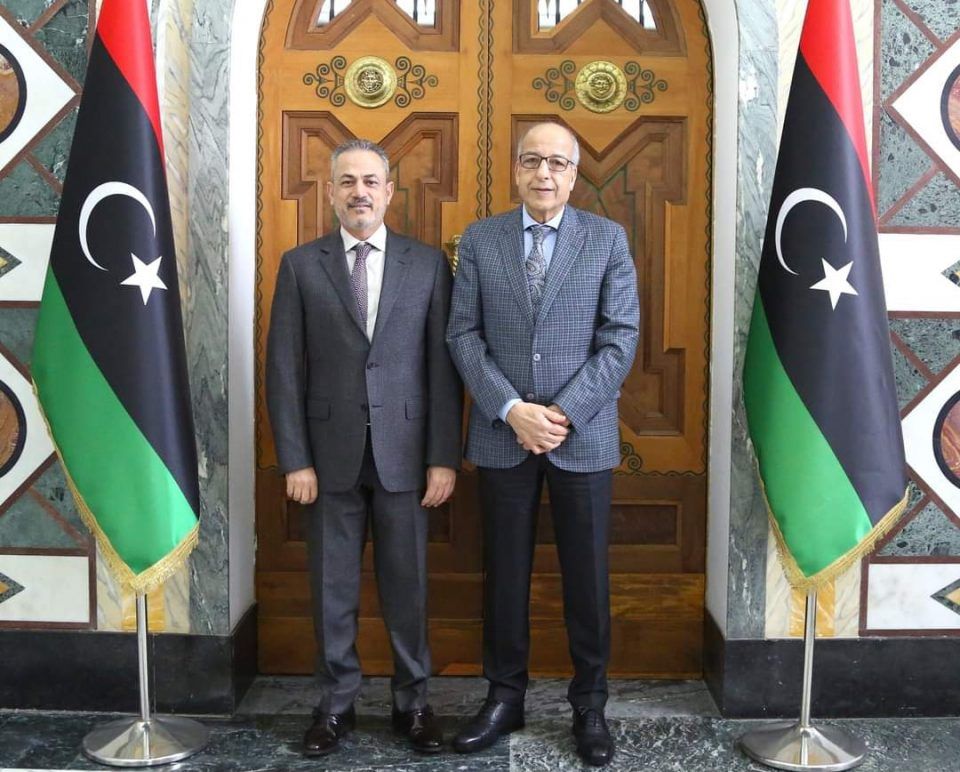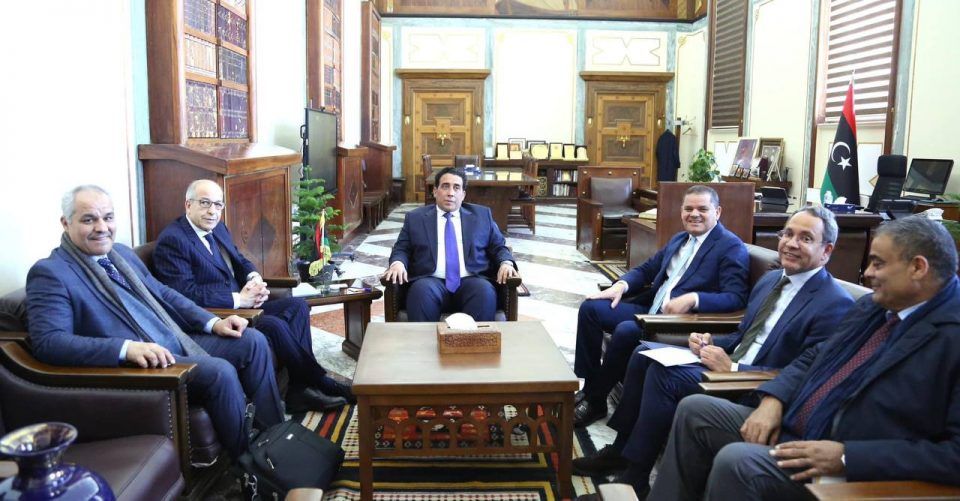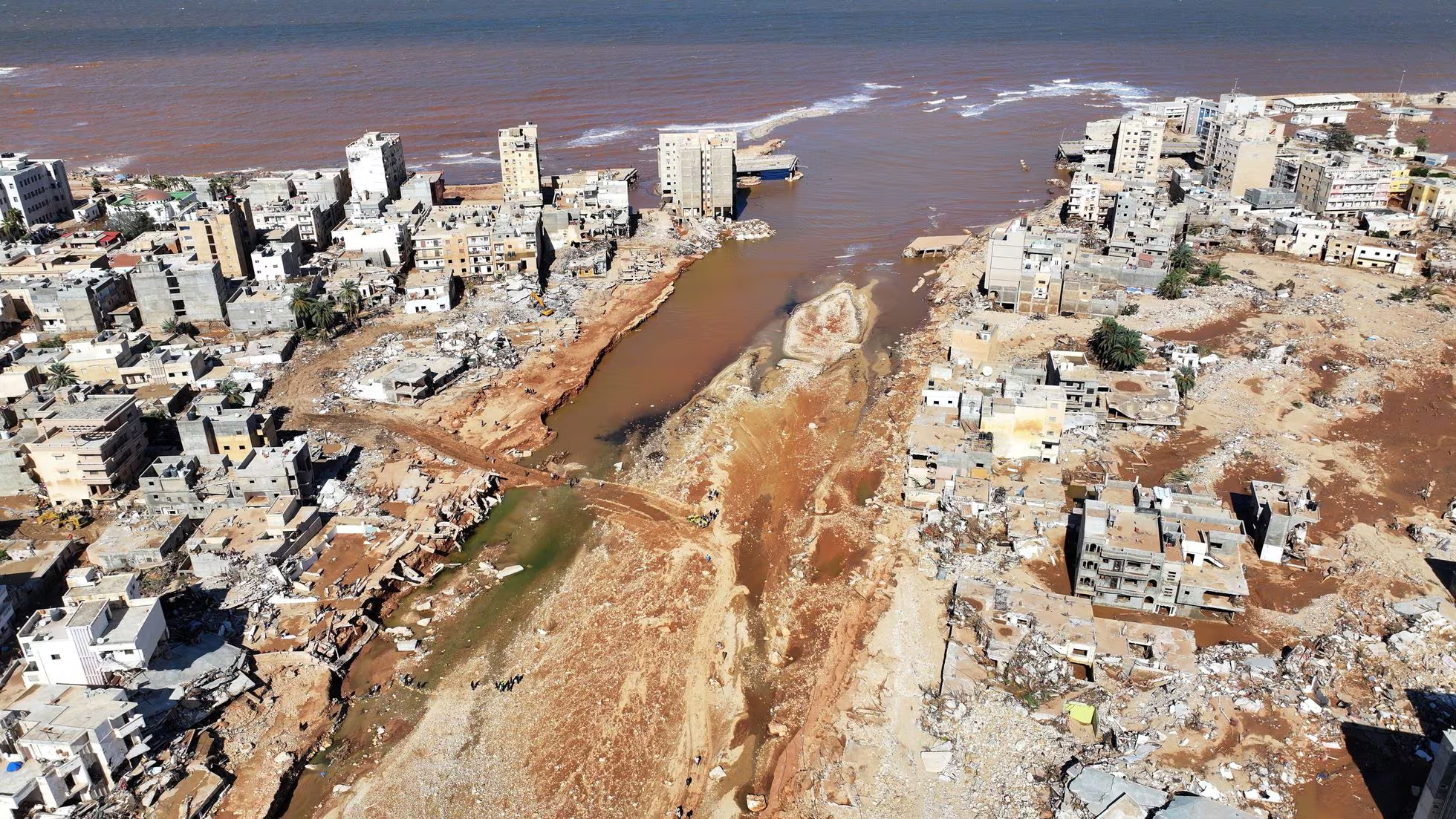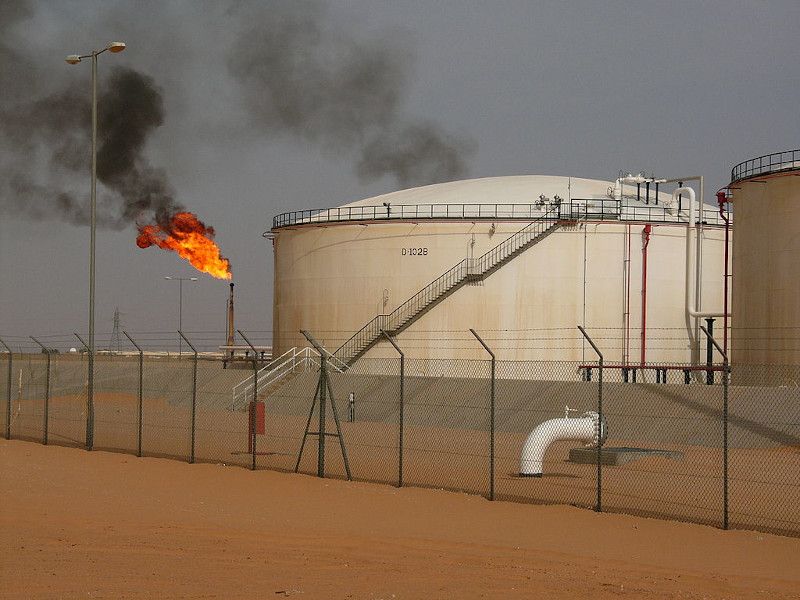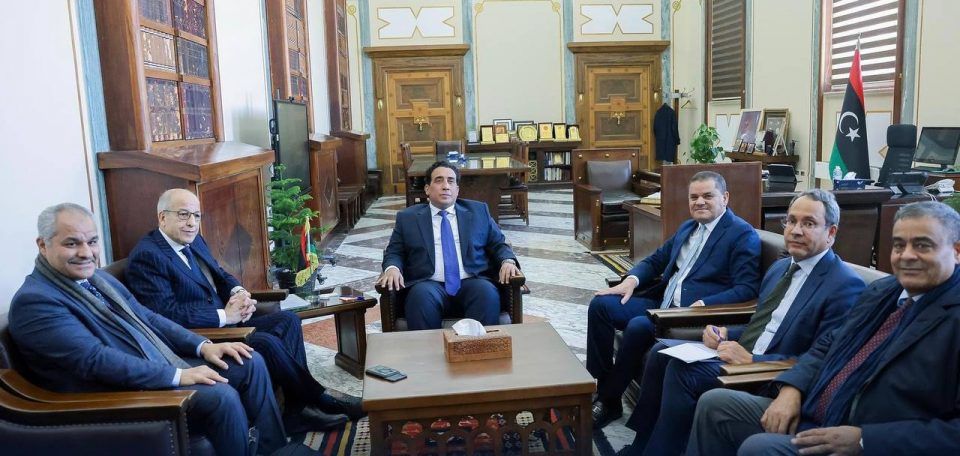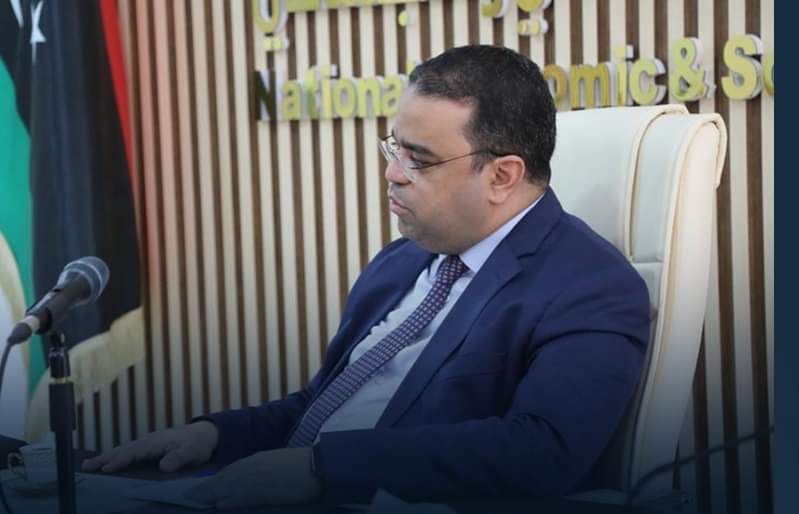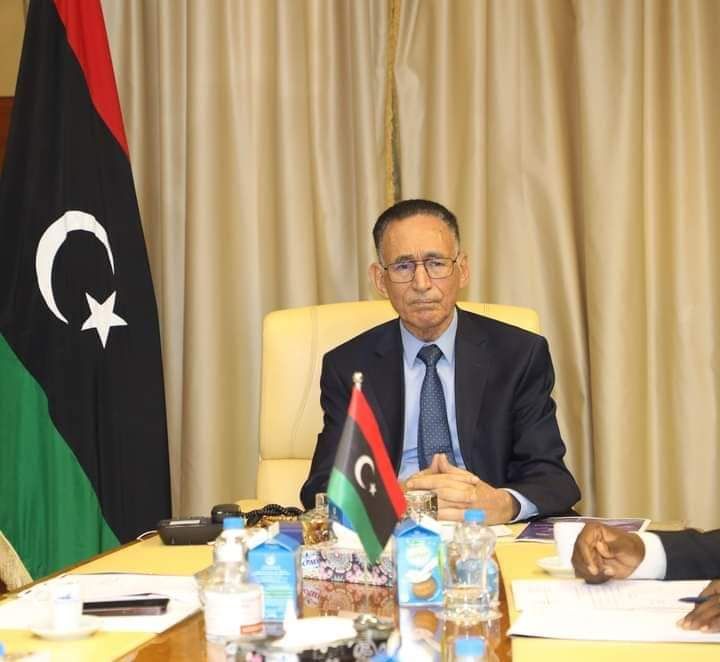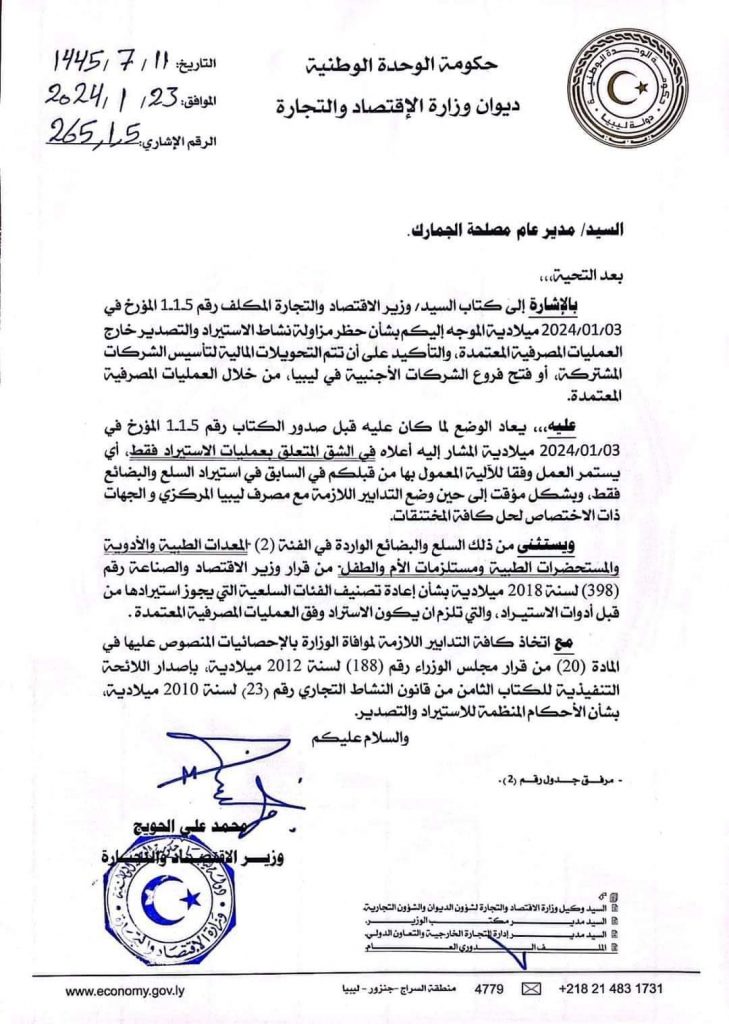An international report released recently sheds light on the severe aftermath of Libya’s deadly flash flood in September, characterizing it as a climate and environmental catastrophe that demands $1.8 billion for reconstruction and recovery efforts.
The flood wreaked havoc in Derna as heavy rainfall from Storm Daniel breached two aging dams, causing extensive destruction in the city and sweeping entire districts into the Mediterranean. The report, jointly produced by the World Bank, United Nations, and European Union, highlights the widespread devastation.
The disaster affected approximately 1.5 million people, constituting 22% of Libya’s population. Shockingly, figures from the U.N. humanitarian agency OCHA reported 4,352 confirmed deaths, with 8,000 individuals still missing. The scale of the tragedy underscores the urgent need for coordinated recovery efforts.
Complications arising from Libya’s political divide, with rival power centers in the east and west since 2014, hampered disaster response efforts. Ongoing disputes between the Tripoli government and eastern authorities added complexity to addressing the aftermath of the catastrophic floods.
The collapse of the dams was attributed to a combination of outdated hydrological information used in their design, poor maintenance, and governance problems during Libya’s prolonged conflict. The report points out these factors as key contributors to the disaster and underscores the need for improved infrastructure management.
Climate change played a significant role, making the rainfall triggered by Storm Daniel up to 50 times more likely and 50% more intense. This underscores the broader challenge of climate-related disasters in the region and the imperative for adaptation strategies.
The report estimates that the physical damages and losses from the flooding accounted for $1.65 billion, equivalent to 3.6% of oil-rich Libya’s gross domestic product in 2022. More than 18,500 houses were destroyed or damaged, impacting 7% of the country’s housing stock.
The “limited accountability and capacity” of Libyan institutions pose significant challenges to the recovery process. Weak coordination between rival authorities is expected to hinder the government’s ability to efficiently channel, manage, disburse, and monitor recovery funds.
Despite calls from the United Nations for Libya’s ruling factions to unite and coordinate a response to the Derna disaster, little progress has been made. The ongoing disputes over voting rules and control of the interim government have also thwarted efforts to resolve Libya’s long-running conflict through elections.
